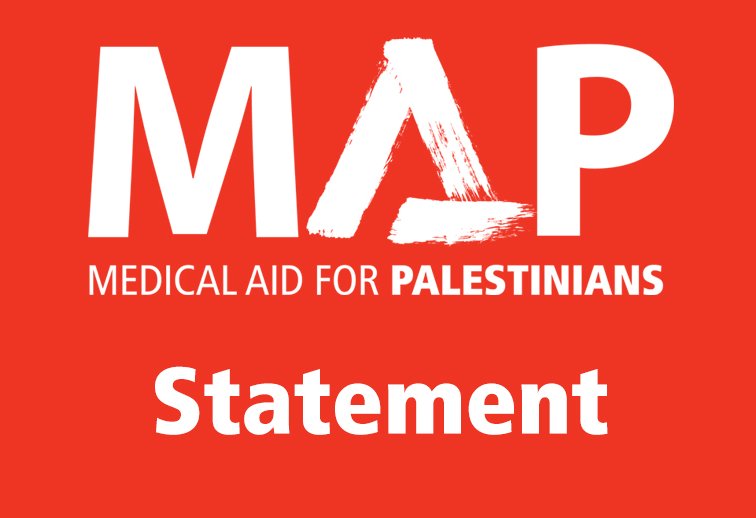IRC and MAP additional statement on airstrike on residential compound housing Emergency Medical Team

The strike injured several team members and caused significant damage to the building. The compound was attacked after its coordinates had been shared with the Israeli military through the UN deconfliction process, which is supposed to provide additional protection for humanitarian personnel in Gaza. British Government personnel had also confirmed on 22 December that the compound was registered as a ‘sensitive site’ by the Israeli military.
The IRC, a US-registered non-profit, and MAP, a UK-registered charity, have raised our concerns to the US and UK governments and requested support to find out why this airstrike took place and to receive an assurance it would not happen again.
Since 18 January, various parts of the Israeli military and the Israeli Government have provided six different explanations as to why the airstrike took place to MAP, the IRC and our interlocutors. These explanations have not provided clarity, ranging from the Israeli military being unaware of what happened; denying involvement as they were not operating in that area; accepting responsibility for the strike which was attempting to hit a target adjacent to the MAP-IRC compound (the compound is not close to any other building); accepting responsibility for the strike and asserting this was a mistake caused by a defective tail fin on the missile that was fired; and accepting responsibility and advising that what hit the MAP-IRC compound was a piece of aircraft fuselage that had been discharged by the pilot of the Israeli fighter jet.
The variety of responses highlights a continued lack of transparency regarding what occurred. It is clear from this experience that the Israeli military and Government are either unable or unwilling to properly investigate this serious incident.
The attack on our compound is emblematic of thousands of other attacks on civilian, medical and humanitarian buildings and people in Gaza. Entering its sixth month, Israeli bombardment has killed more than 31,000 Palestinians and injured more than twice that number. Strikes have obliterated homes, hospitals, shelters, religious sites, and essential services like bakeries, leaving no place safe across the whole of Gaza. Attacks on healthcare facilities have resulted in there no longer being a single fully functional hospital, whilst only 24% of Gaza’s primary health care facilities remain operational, and more than 60% of housing has been damaged. The devastation has not spared civilians or humanitarian workers from UN agencies and other NGOs, hundreds of whom have been killed. Moreover, these relentless attacks have significantly obstructed humanitarian efforts, further complicating the delivery of crucial aid to the desperate civilian population.
As current suppliers of arms and munitions to Israel, governments such as the UK and the US have a particular responsibility to hold Israel accountable for this and other attacks on aid workers and civilians. IRC and MAP call on Israel’s allies, including the US and the UK governments, to:
- Agree a process for a full, independent and timebound investigation into the 18 January incident – and all reported attacks on deconflicted facilities and personnel – resulting in a conclusive, public report.
- Secure concrete assurances from the Government of Israel that attacks against aid workers and health workers will not occur in the future.
IRC and MAP repeat our urgent call for an immediate and sustained ceasefire in Gaza to prevent further harm to civilians and to allow our teams to access and assist those in desperate need. International law prohibiting attacks on aid workers, civilians, and civilian infrastructure must also be upheld, and those responsible for violations held accountable.
Related content

